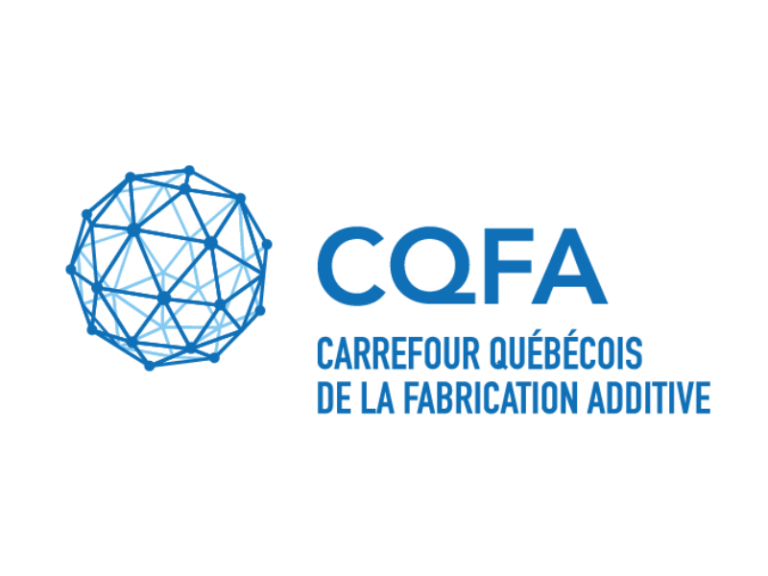
2024/09/10
Microstructure and fracture toughness of laser wire deposited Ti-6Al-4V
Chainiau, F.; Sikan, F.; Ding, Y.; Brochu, M. (2024). Microstructure and fracture toughness of laser wire deposited Ti-6Al-4V. Journal of Alloys and Metallurgical Systems, vol. 7, September 2024, 100090.
In this paper, the microstructure, and mechanical properties of Ti-6Al-4V fabricated through Laser Directed Energy Deposition (L-DED) process are investigated and discussed. Deposited coupons were produced on Ti-6Al-4V wrought substrate using Ti-6Al-4V ELI grade wire with the laser wire deposition (LWD) process. Characterization efforts led to the evaluation of the microstructure, hardness, tensile behavior, and fatigue crack growth resistance of the build-up alloy. Microstructure of the deposit consists of columnar prior β grains and basket-weave α/β phase mixture. The size of the alpha laths is measured as 1.2 ± 0.3 µm and 0.8 ± 0.2 µm in the banded zone and band-free zone, respectively. Hardness of the deposited block is found to be uniform and ranging between 321 and 323 Hv. Tensile and fatigue crack growth properties of the deposited block were evaluated in various orientations. Tensile specimens loaded in the deposition direction exhibited 824 MPa and 930 MPa for yield and ultimate tensile strength, respectively. Tensile specimens loaded in the build direction exhibited 782 MPa and 907 MPa for yield and ultimate tensile strength, respectively. The analysis reveal that the tensile properties of the deposited material match the strength requirements for ASTM F1108 Cast Ti-6Al-4V. However, they fell just below the AMS 4911P Wrought Ti-6Al-4V standard. Fatigue Crack Growth Rate tests were conducted for three directions: parallel to the deposition direction, parallel to the build direction and at 45° of the deposition direction. No significant differences in crack growth properties were observed between the different orientations with average crack initiation near threshold (ΔKth) and the fracture toughness (Kc) value of 3.6 MPa√m and 69 MPa√m, respectively. The crack propagation properties are similar to cast & wrought materials.